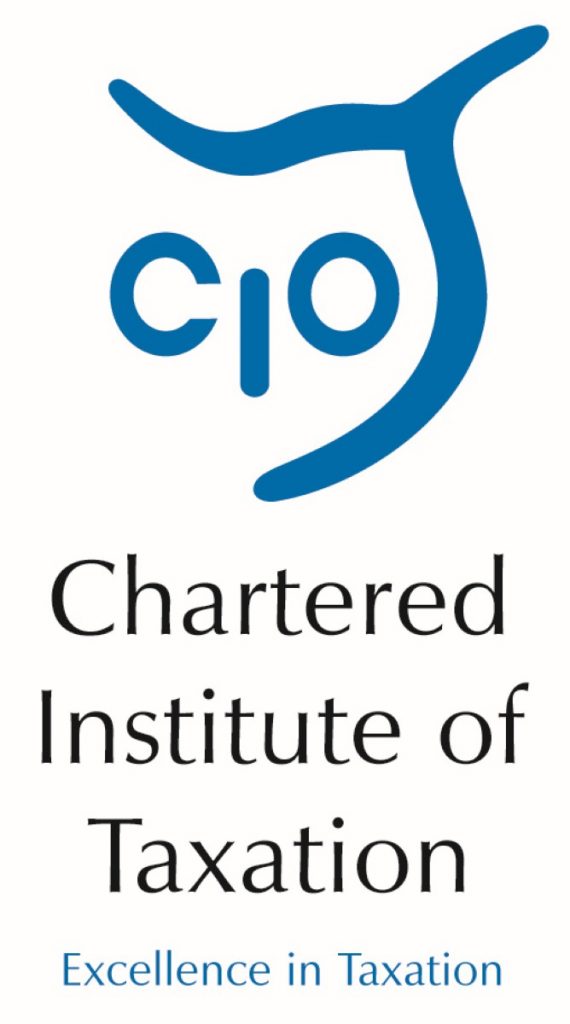As anticipated, the Chancellor announced today changes to the taxation of the self-employed by increasing the rate of Class 4 National Insurance contributions (NIC).
From its current level of 9%, there will be an increase of 1% from 6 April 2018 (up to 10%) and a further 1% increase from 6 April 2019 (up to 11%) onwards. This is intended to align the amount the self-employed pay in NICs with the rate paid by employed workers, and to some extent makes up for the forthcoming abolition of Class 2 NICs. The changes are meant to reflect the fact that there is now little difference in the contributory benefit entitlement between self-employed and employed.
Anthony Thomas, Chairman of the LITRG, has commented on this tax increase:
‘Self-employed taxpayers may be surprised by this announcement as they may have thought that all National Insurance contributions will be part of the Government’s ‘tax-lock’ promise. However, that was only for employees’ NIC and did not include contributions paid by the growing self-employment sector.1
‘The Treasury has stated that under these changes only the self-employed with profits above £16,250 will pay additional NIC. This may be so, but some self-employed workers with very low profits are poised to lose out on their benefits entitlement. The flat-rate Class 2 NIC (£2.80 a week) will be abolished from April 2018 leading to a saving for some people of £148 a year. But we are concerned for those with profits below the Small Profit Threshold, who currently contribute towards their state pension by opting to pay Class 2 NIC but from April 2018 will have to pay voluntary Class 3 NIC, which at £14.25 per week (for the 2017/18 tax year) is more than five times what they are paying now.’
Note to editors
1. ‘The tax lock was the Government’s promise at the 2015 election not to raise the rate of certain key taxes for the duration of the current Parliament, to 2020. The list includes Class 1 National Insurance applying to employees but not the other classes applying to the self-employed. See https://www.gov.uk/government/publications/tax-lock-income-tax-national-insurance-contributions-and-vat/tax-lock-income-tax-national-insurance-contributions-and-vat
2. Low Incomes Tax Reform Group
The LITRG is an initiative of the Chartered Institute of Taxation (CIOT) to give a voice to the unrepresented. Since 1998 LITRG has been working to improve the policy and processes of the tax, tax credits and associated welfare systems for the benefit of those on low incomes.
The CIOT is the leading professional body in the United Kingdom concerned solely with taxation. The CIOT is an educational charity, promoting education and study of the administration and practice of taxation. One of our key aims is to work for a better, more efficient, tax system for all affected by it – taxpayers, their advisers and the authorities. The CIOT’s work covers all aspects of taxation, including direct and indirect taxes and duties. The CIOT’s 18,000 members have the practising title of ‘Chartered Tax Adviser’ and the designatory letters ‘CTA’, to represent the leading tax qualification.
Contact: Hamant Verma, External Relations Officer, 0207 340 2702 HVerma@ciot.org.uk (Out of hours contact: George Crozier, 07740 477 374)





-01.png)